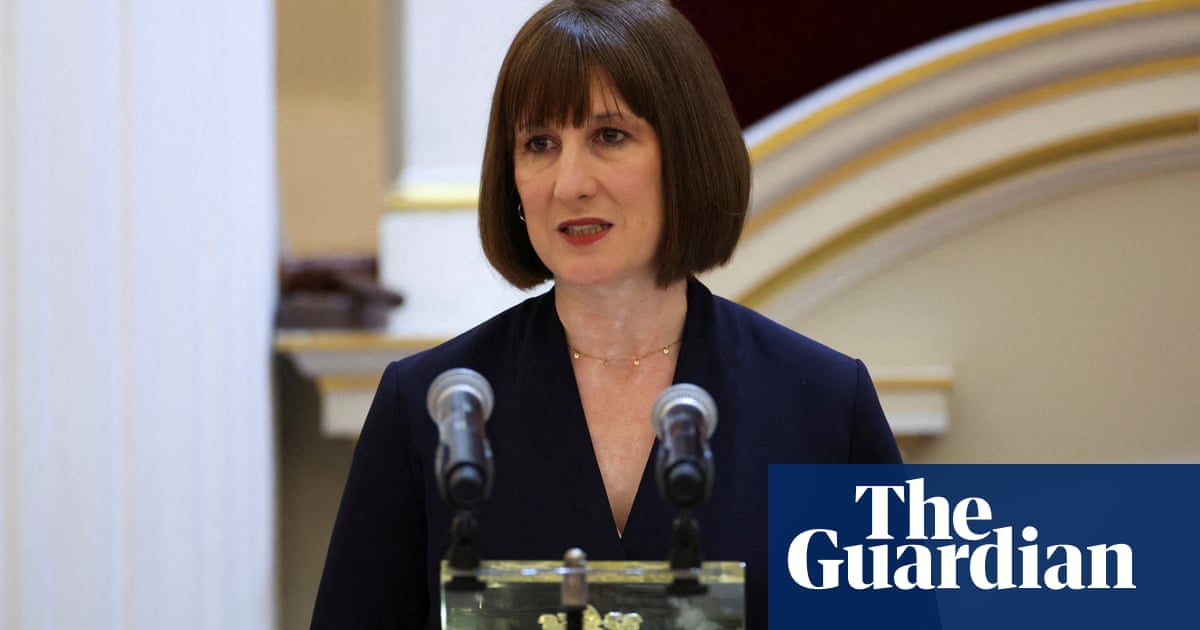Supporters of Bolivia’s ex-president Evo Morales stormed a barracks in the central Chapare region and took about 20 soldiers hostage, military sources said on Friday, marking a dramatic escalation in their standoff with the state.
The hostage situation comes nearly three weeks after backers of Morales – the country’s first Indigenous leader – began blocking roads to prevent his arrest on what he calls trumped-up rape charges aimed at thwarting his political comeback.
Morales, 65, was in office from 2006 to 2019, when he resigned under pressure from the military after elections marked by allegations of fraud.
Bolivia’s armed forces said on Friday in a statement that “irregular armed groups” had “kidnapped military personnel” and seized weapons and ammunition in the Chapare.
A military source told AFP on condition of anonymity that “about 20” soldiers were taken hostage.
In a video broadcast by Bolivian media, 16 soldiers were seen surrounded by protesters holding pointed sticks aloft.
“The Cacique Maraza Regiment has been taken over by Tipnis activists. They have cut off our water, electricity and are keeping us hostage,” a uniformed man is heard saying in the video.
Tipnis is an Indigenous stronghold of Morales’s.
Despite being barred from running again, Morales wants to challenge his former ally turned rival President Luis Arce for the nomination of the leftwing Mas party in the country’s August 2025 presidential election.
Days after Morales led a march of thousands of mainly Indigenous Bolivians on the administrative capital La Paz to protest against Arce’s policies, prosecutors announced he was under investigation for rape, human trafficking and human smuggling over his alleged relationship with a 15-year-old girl in 2015.
Morales, who is accused of fathering a daughter with the girl, has called the accusations “a lie”.
On Wednesday, Arce demanded an “immediate” end to the roadblocks and said the government would “exercise its constitutional powers to safeguard the interests of the Bolivian people” if the protesters did not comply.
His warning was interpreted by some Bolivians as a threat to use the military to end the blockade, which has caused widespread food and fuel shortages and prompted prices of basic goods to soar.
The Chapare is where Morales claimed he was the victim of an assassination attempt last week that he blamed on state agents.
In a video he shared on social media, he is seen travelling in a pickup truck riddled with bullet holes near the city of Cochabamba.
The government said police fired on the vehicle after coming under fire from Morales’s convoy at a checkpoint set up to combat drug trafficking in the Chapare, one of the country’s main coca-growing regions.
Morales, a former coca grower, was extremely popular until he tried to bypass the constitution and seek a fourth term.
His supporters initially demanded an end to what they called his “judicial persecution”, but the protest movement has snowballed into a wider anti-government revolt marked by calls for Arce to resign.
Morales’s supporters, who have vowed not to budge from the barricades, blame Arce for a sharp rise in food and fuel prices and shortages that pre-date the protests.
At least 61 police officers and nine civilians have been injured in clashes between the protesters and security forces in recent days.
Arce has estimated the economic cost of the blockades at more than $1.7bn (£1.3bn).

.png) 2 months ago
19
2 months ago
19













































